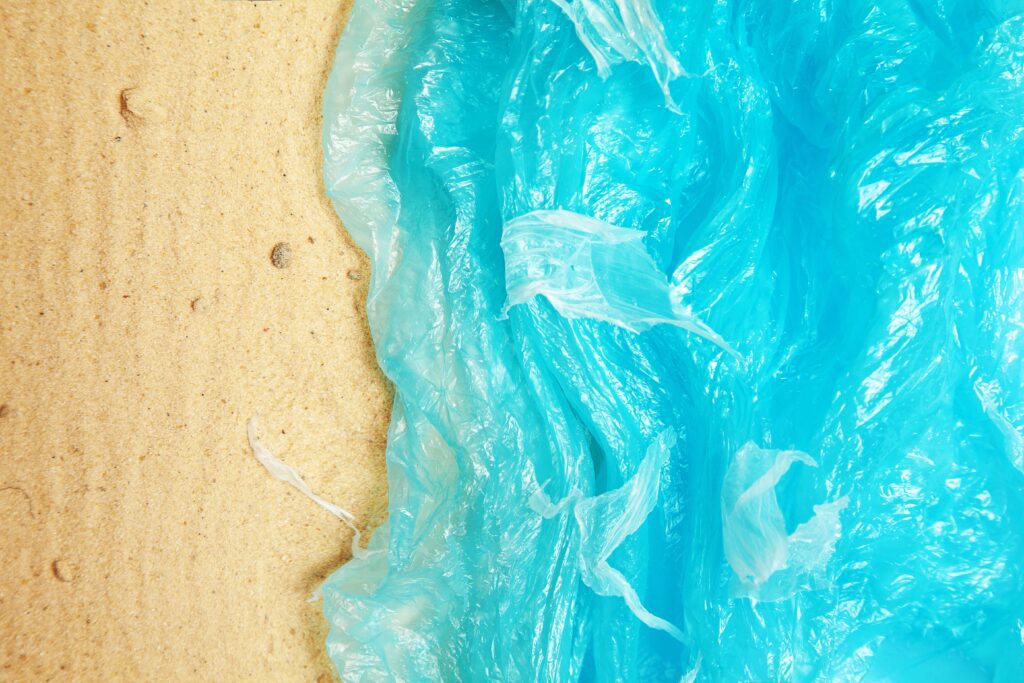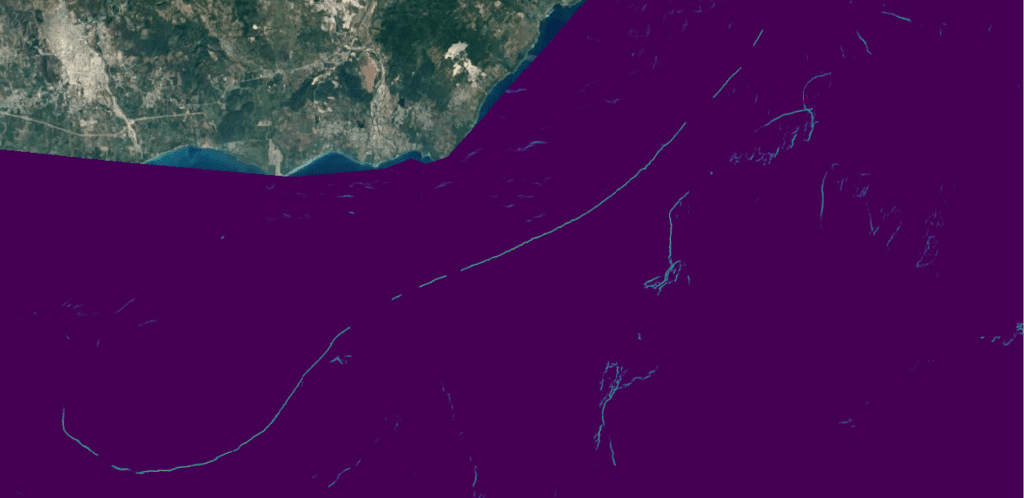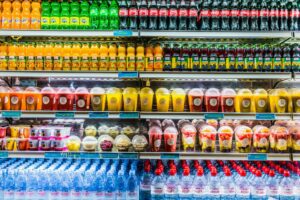
Earthshot-nominated start-up Plastic-i has announced that the Plastic-i Observatory, a world first Artificial Intelligence (AI) – powered platform for mapping marine plastic pollution launched earlier this year, is now available for open beta testing.
Marine plastic pollution is one of today’s most significant environmental challenges, with over 10 million tonnes of plastic waste flowing into the ocean each year and rising. With co-funding from UKRI’s Smart Sustainable Plastic Packaging Challenge, delivered by Innovate UK, Plastic-i has built a platform that uses satellite data and AI to facilitate the identification and removal of marine plastic on a global scale. By detecting, mapping, and classifying floating debris, the platform can provide decision makers and clean-up operators with actionable insights to boost effectiveness and measure the success of interventions.
According to Plastic-i, the automated platform can optimise and boost plastic collection efficiency by up to 20 times in coastal zones as well as reducing operational costs by up to 20%, making clean-up efforts more economical and accessible. By providing data-driven insights, it can also facilitate informed decision-making for policymakers and stakeholders and help to meet international reporting requirements, such as those under negotiation for the Global Treaty to End Plastic Pollution.
In collaboration with industry leaders including Seven Clean Seas, The Ocean Cleanup, and the Sea Cleaners, Plastic-i has developed advanced computer vision models to analyse high-resolution optical satellite imagery, providing users with:
- dynamic mapping to generate detailed high frequency maps and metrics of marine debris;
- predictive modelling to identify marine litter flows in order to plan its interception; and
- time-series insights to establish baselines and monitor changes over time to inform effective interventions and impact measurement.
James Doherty, CEO and Co-Founder:
We are excited to introduce the Plastic-i Observatory to the world. This platform represents three years of focused development and a significant leap forward in ending marine plastic pollution. By empowering users with actionable insights, we can collectively protect our ocean.
Sign up for access to the beta testing phase here.





